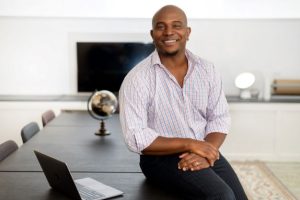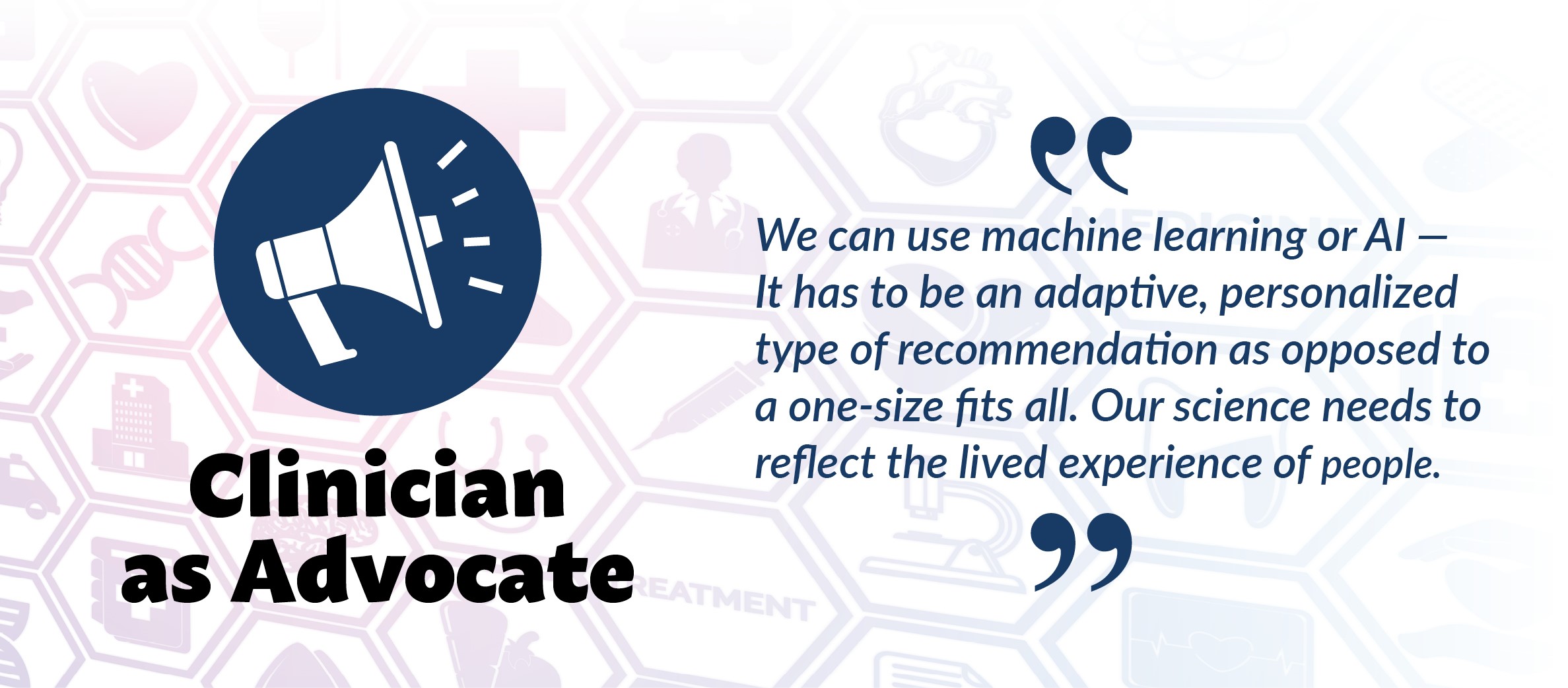
Dr. Azizi Seixas, PhD is an Associate Professor of Psychiatry and Behavioral Sciences and an Associate Director of the Center for Translational Sleep and Circadian Sciences at the University of Miami Miller School of Medicine. He is also the Founding Director of The Media and Innovation Laboratory, where they have implemented an initiative that uses wearable and nearable monitoring technology to analyze the sleep of individuals from traditionally underserved communities.
What led you to work in sleep medicine?
My journey into sleep really is both fortuitous and serendipitous. I applied for a training program at NYU school of medicine and got in; it’s fortuitous because the deadline to apply was in two days and I found it at 2 am and obviously as a sleep person, you should be sleeping. I felt like it was fate in the sense that I struggle with sleep issues myself. I’m coming from a lived experience perspective and I know the struggles that people go through that prevent them from getting sufficient sleep or good sleep. Me-search is research, so that’s how I’ve ended up in sleep and it has catapulted me to do something greater than just contributing to sleep but also to other areas as well.
Why is patient advocacy important to you?
Advocacy is critical because it increases awareness about a health condition or a particular health behavior that may impact a certain subgroup of individuals. In the case of sleep, it impacts everyone. Advocacy also helps to increase access to care and access to providers who can treat sleep health issues. It also increases prevention and avoidance policies. I think advocacy is also very critical to help us with increasing the affordability of different types of health services.
How are you using artificial intelligence and technology in your work?
It pervades throughout everything we do at the Media and Innovation Lab (MIL). We have several funded projects that have some element of sleep; not all of them have elements of sleep, but everything that we do is fundamentally trying to make healthcare and getting healthy and staying healthy easier. Technology in its truest definition is really making complex things simple, so anything that we do is technological because it is striving to reduce complex things and make them easier. You’re on a mission to make healthcare more equitable. Tell us more about that. We don’t have a well-codified plan of how to do it because it’s complex, but we have a bold vision and we have the conviction and the will to accomplish those things in partnership with others. We have created the MIL Box as a starting point; we’re pitching the MIL Box as solving the issue for the uninsured and the underinsured and the folks who have insurance but don’t really use it. We need to demystify healthcare and engage and focus on wellness. With the MIL box we can say “you own this, this is your personal history, let’s get benchmarks, let’s learn, let’s do quick checkups, let’s see how you’re progressing.” We can use machine learning or AI to say these are the types of food you need to eat to lower your risk, this is the level of stress management you need, this is the amount of physical activity and the type of exercise that you need to do and when to confer the best health benefits from those. It has to be an adaptive, personalized type of recommendation as opposed to a one-size fits all. Our science needs to reflect the lived experience of people.
What are you most excited about with your work?
I’m excited because of the team we have; this is not a one-person show at all. I couldn’t do what I do without them. We’re excited about where our imagination takes us. We’re also doing some really cool things in technology, particularly around Web3 types of technology. With Web3, you have your own health data and you travel with your own data. Instead of going to different hospitals and having them request your documents, you travel with it. It also allows for you to have a distributed ledger and say, “I’m going to put my fitbit data in it, my blood pressure data, my apple health data,” and you can leverage that data to have lower premiums in your insurance. I think that’s where health is going and that’s what we’re trying to push as well.



